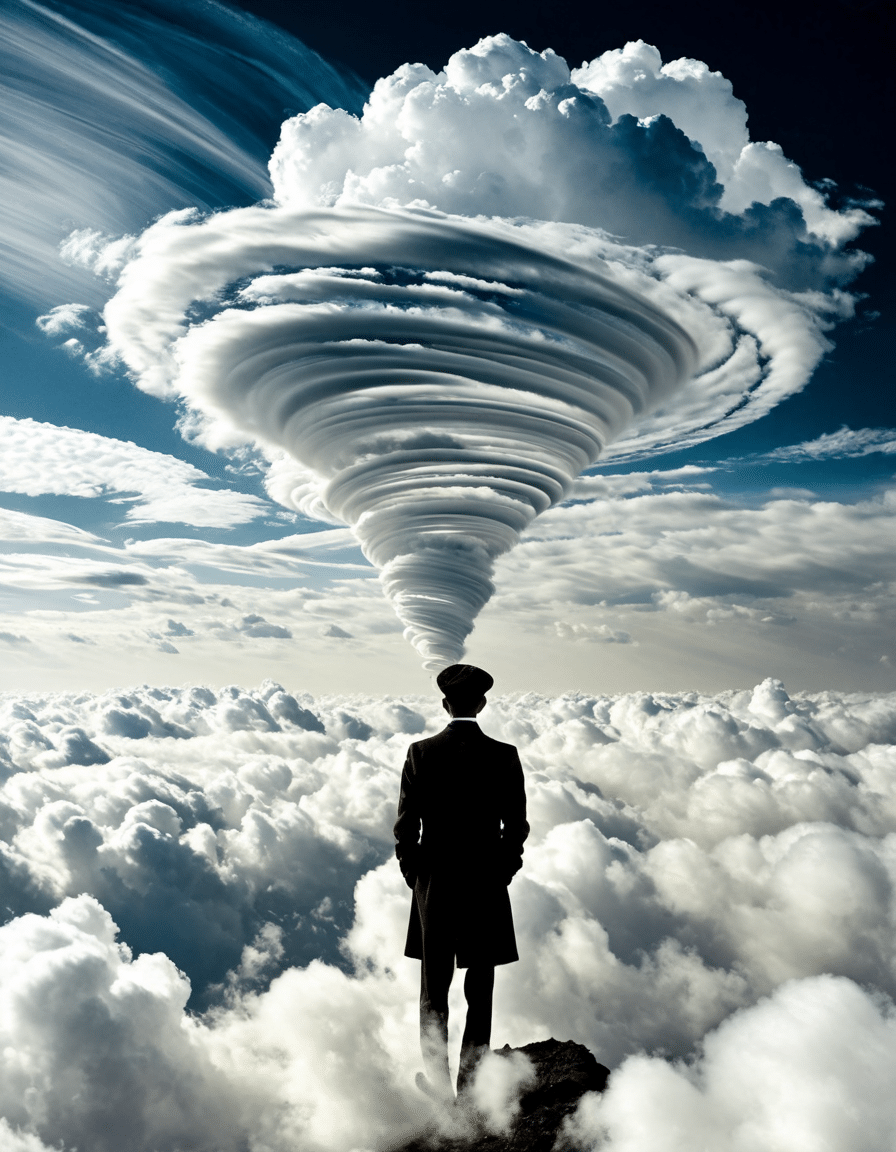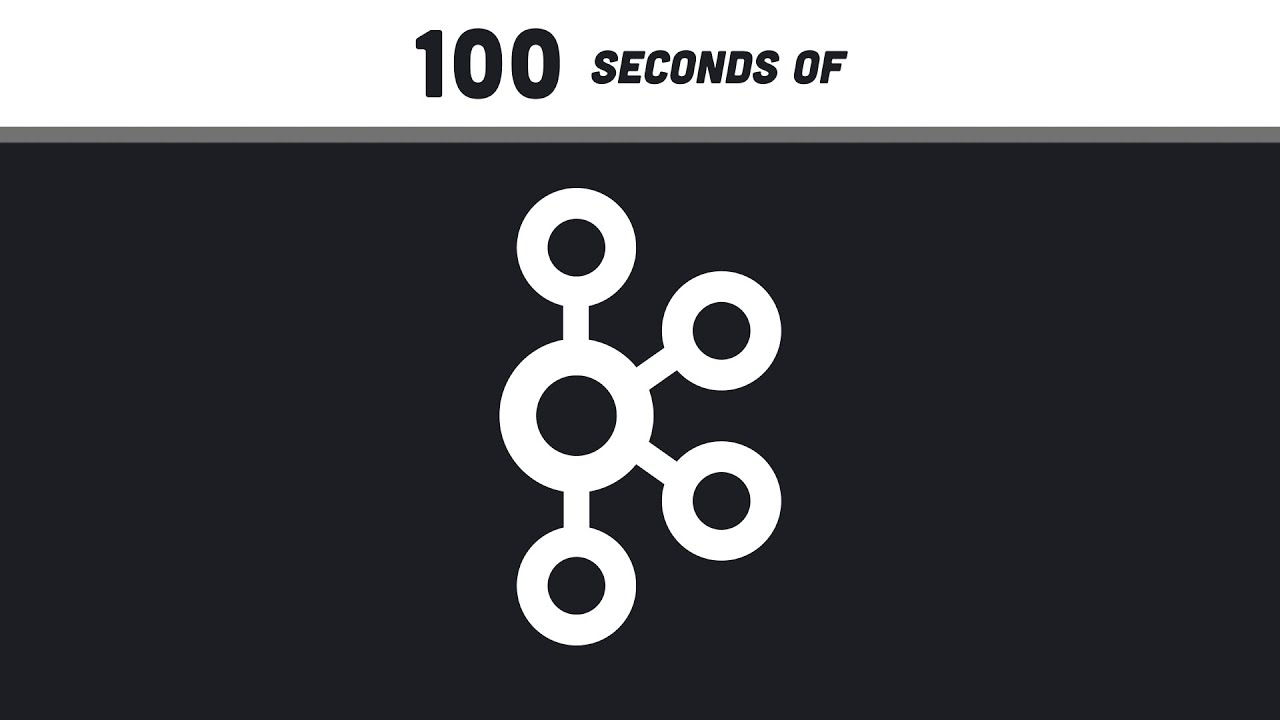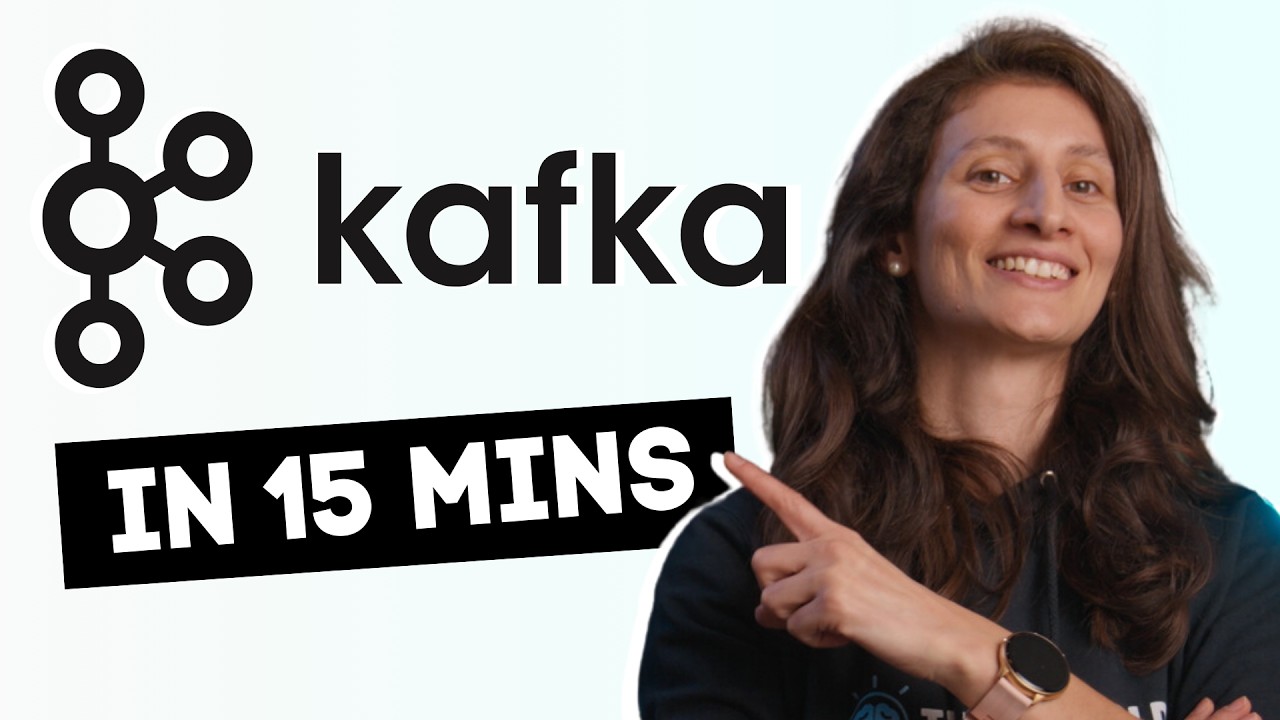Franz Kafka’s literary legacy weaves a mesmerizing thread through the tapestry of modern literature, plunging us into haunting landscapes filled with anxiety and alienation. With works like “The Trial” and “The Metamorphosis,” Kafka masterfully articulates the struggles faced by individuals grappling with their identities and navigating an absurd world. It’s not just about reading Kafka; it’s about experiencing his worlds, where reality often feels skewed and introspective. In this article, we’ll explore seven distinct elements of Kafka’s anxiety and alienation that resonate fiercely today, offering a lens through which we can examine both his work and our own contemporary lives.
7 Distinct Elements of Kafka’s Anxiety and Alienation
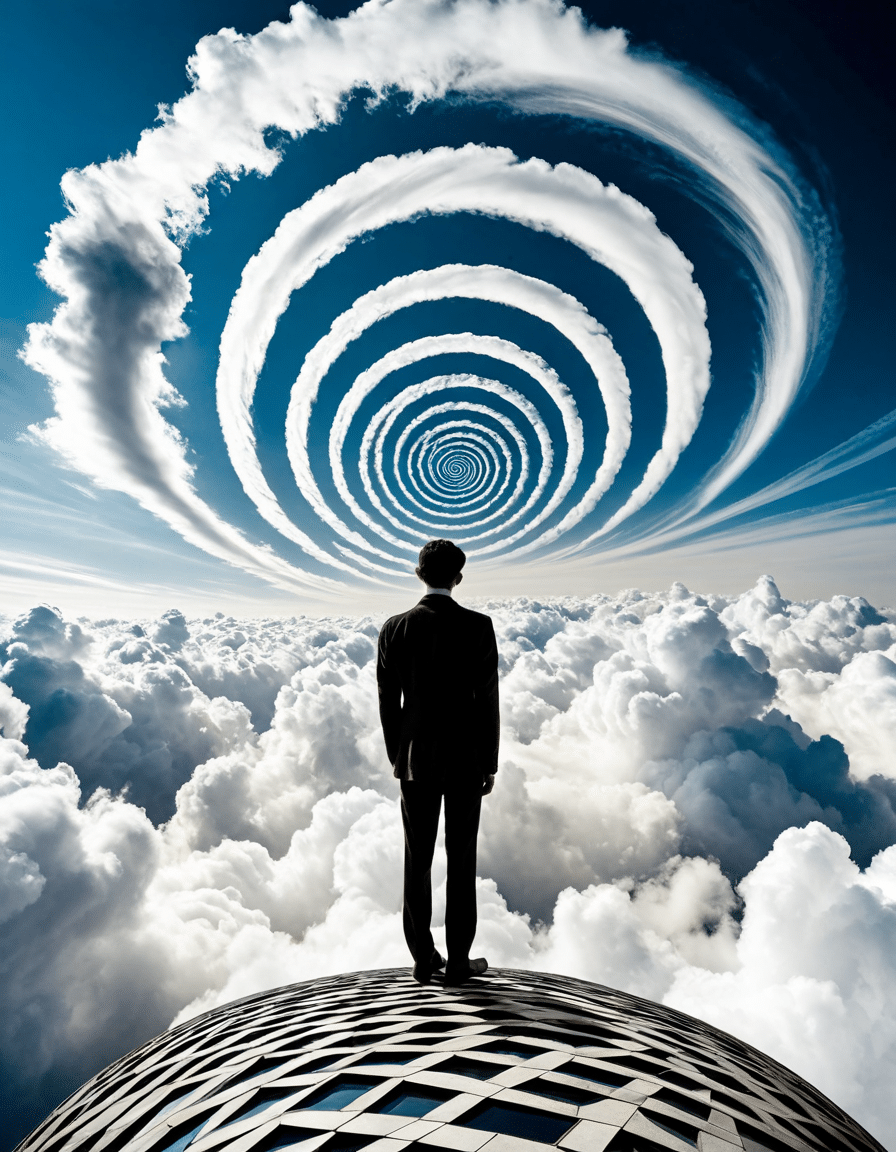
1. The Absurdity of Modern Life
Kafka possesses an uncanny ability to depict the absurdity swirling around existence. In “The Trial,” Joseph K. finds himself arrested for a crime that’s never revealed, facing a bureaucratic nightmare that feels all too familiar today. Much like the relentless rise of AI surveillance in workplaces, Kafka unveils the modern angst tied to bureaucracy and its illogic. It’s a grueling reminder that our systems sometimes appear to function solely to bewilder us—making us question if we’re even living in a rational world!
2. Isolation in Urban Settings
Look at Gregor Samsa’s transformation in “The Metamorphosis,” where he morphs into a grotesque insect, and you see a chilling metaphor for urban isolation. Even in our bustling cities—like New York, where over 25% of residents report feelings of intense loneliness—people often drift through crowds without forming genuine connections. Kafka’s insight feels as contemporary as ever; the paradox of densely populated places can amplify our sense of solitude.
3. Identity Crisis
The struggle for identity is another hallmark of Kafka’s narratives. In “The Castle,” we dive into a bureaucratic maze embodying today’s gig economy where careers shift like sand beneath our feet. Many of today’s workers find their self-worth interwoven with job titles that flicker like neon lights, providing little comfort. As we navigate the ever-turning gears of modern employment, Kafka’s work resonates deeply, highlighting our quest for self amidst a sea of freelance gigs and precarious contracts.
4. Parent-Child Relationships
Kafka’s rocky relationship with his father profoundly influenced his characters. “Letter to His Father” reveals deep, haunting feelings familiar to many today—especially those navigating the complex dynamics in modern families. Take, for example, the highly publicized family antics of the Kardashian-Jenner clan, where the blur between personal relationships and media personas often leads to tension, echoing Kafka’s struggles. Their public lives might seem glamorous, but frequently, they reveal deep vulnerabilities akin to those faced by Kafka’s characters.
5. The Burden of Guilt
Guilt is a heavy cloak worn by many of Kafka’s protagonists, exemplified in “The Judgment,” which captures the weight of societal expectations. Fast forward to today’s landscape, and we see social media amplifying this burden, especially on platforms like Instagram that often foster unrealistic comparisons. The fleeting dopamine hits from likes can leave us feeling unworthy, much like Kafka’s characters who feel crushed under the enforced legitimacy of societal roles.
6. The Role of Fate
Kafka’s characters frequently grapple with forces beyond their control, an idea made tangible in stories like “A Hunger Artist.” With today’s unpredictable job markets and climate crises looming over us, feelings of helplessness can overwhelm even the strongest among us. The destiny laid out for many resembles a Kafkaesque narrative—where external factors paint a picture of fate, leaving us to wander through the bleakness of uncertainty.
7. The Search for Meaning
At its core, Kafka’s oeuvre grapples with the relentless search for meaning in what can feel like a chaotic universe. This theme echoes profoundly in modern narratives, such as the stop-motion film “Anomalisa,” which vividly explores an individual’s lonely quest for connection amid indifference. Like Kafka’s characters, today’s viewers find themselves lost in existential musings, indicating that the search for purpose remains an ever-relevant challenge.
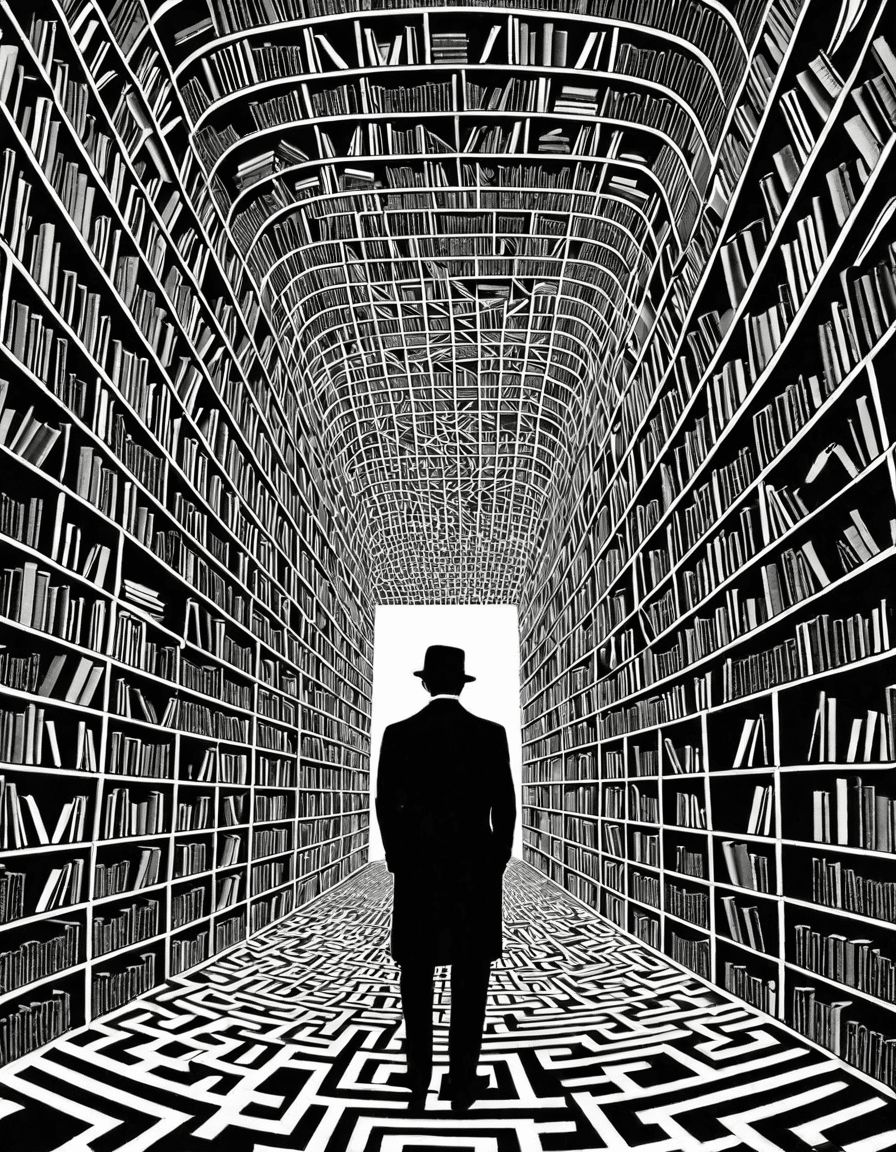
Kafka’s Legacy in Contemporary Thought
Kafka’s exploration of anxiety and alienation isn’t merely a reflection of his period; it’s an enduring commentary that rings loud in our present. As we wrestle with fresh complexities stemming from technology, shifting economies, and increasing social divides, Kafka’s insights retain impressive relevance. His storytelling transcends literature, influencing realms like psychology and sociology, and even challenging how we interpret the human condition.
Understanding Kafka opens doors to confronting our vulnerabilities, offering solace amid shared strife. In a reality that feels intensely Kafkaesque, filled with a surreal unpredictability, grasping these emotions empowers us. It fuels conversations, encourages connection, and allows us to reclaim a sense of authorial control over our narratives, reminiscent of the freedom Kafka’s characters yearned for.
As we dive into the absurd while watching our favorite films or enjoying shows about the likes of Chance The Rapper or Noho Hank, it’s easy to forget the stories lurking beneath the surface. And just like Kafka’s explorations, every cinematic venture compels us to reflect on our own relationships, anxieties, and ultimately, our place in the world. So, the next time you tune in for some prime or check out what’s buzzing on platforms like Netflix—remember to tip your hat to Kafka. Because sometimes, amidst the chaos of modern life, the tales of a man from Prague hold more significance than we’d like to admit.
For further insights and streaming recommendations, don’t forget to check out our trending articles or dive into the world of athletic greens for a literary boost.
Read more about Kafka ‘s role in modern culture here ! and stay tuned for upcoming goodies in the film industry!
Kafka: A Journey Through Anxiety and Alienation
Kafka’s Quirky Life and Times
Did you know Kafka was an avid fan of the cinema? His favorite film was The Cabinet of Dr. Caligari, which is a perfect blend of surrealism and expressionism that echo the themes in his writing. Much like the Showtimes of today’s films, which you can catch at various theaters across the country, cinema was just coming into its own during Kafka’s life. Interestingly, despite his day job as a bureaucrat with the Workers Accident Insurance Institute in Prague, he managed to create a vast body of work that echoes deeply with existential dread.
In one of Kafka’s lesser-known anecdotes, he had a penchant for late-night walks, which he claimed helped him process his thoughts. Imagine strolling through a quiet street in small-town settings like Mt. Vernon, IL, the kind of place where one could ponder the weight of the world—or the bleakness of it. Not only that, but Kafka often faced family pressures, which mirrored the struggles of many individuals today, something we can’t help but relate to, especially in our high-speed lives. If you’re as curious about family dynamics as Kafka was, check out actor John C. McGinley, who has tackled similar themes in his roles and interviews.
Kafka and Popular Culture
Interestingly, Kafka’s influence stretches into modern music too. You might not immediately associate Skrillex with literature, but there’s something about mixing beats that reflects a chaotic state of mind—a theme that resonates through Kafka’s works. It’s fascinating how these multi-generational influences create a tapestry of anxiety and alienation that many artists and musicians, including those in the electronic scene, grapple with. Meanwhile, many readers have stumbled upon Kafka’s writings while flipping through pages in search of something to relate to, much like how travelers search for Sun Country airlines reviews before booking a flight. Life’s a journey, after all!
Kafka’s profound impact on literature and culture continues to inspire countless adaptations, and his work frequently sparks discussions in academic circles. As we connect the dots between the biting absurdity of his narratives and the struggles of contemporary existence, we find that Kafka truly serves as a lens through which we can examine our anxieties. Whether it’s a quiet contemplation, a darkly comedic film or a thumping song, Kafka’s essence lingers in our lives, urging us to confront the uncomfortable truths that often hide just beneath the surface.
